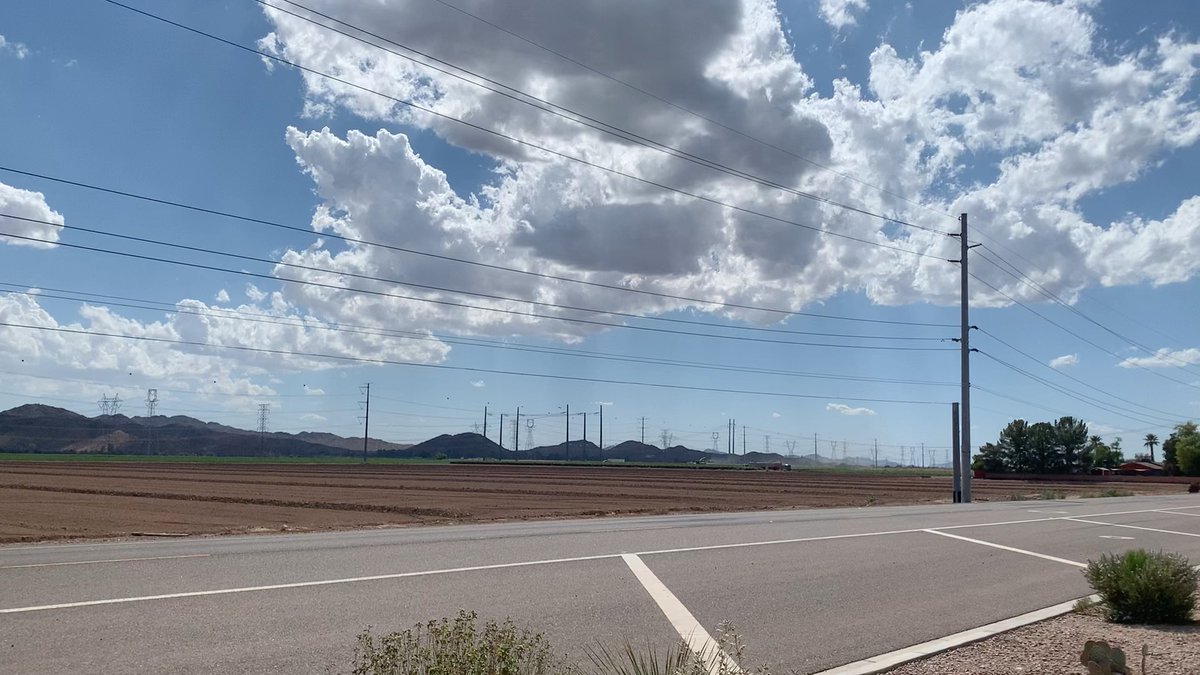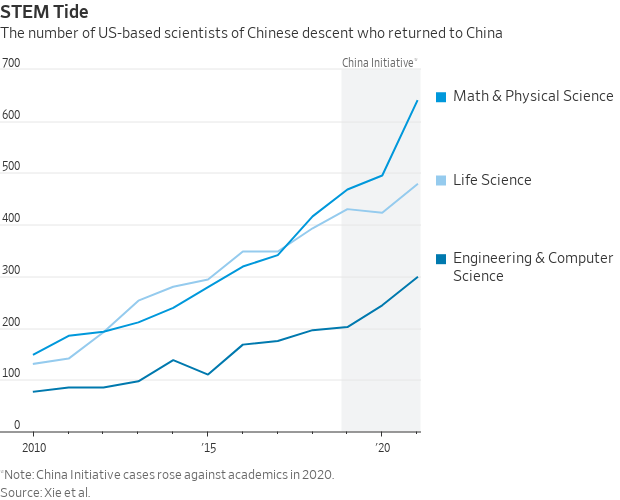
NYT bestselling author of EMPIRE OF AI: https://t.co/wh5mCWc2mo. ai reporter. american national magazine award winner. in @MorePerfectUS @theatlantic @wsj @techreview
8 subscribers
How to get URL link on X (Twitter) App



 This book is the culmination of my ~7 years of reporting on AI for @techreview, @WSJ, and @TheAtlantic. It is based on 300+ interviews with ~260 people, including 150+ interviews with 90+ current & former OpenAI people, and an extensive trove of correspondence and documents. 2/
This book is the culmination of my ~7 years of reporting on AI for @techreview, @WSJ, and @TheAtlantic. It is based on 300+ interviews with ~260 people, including 150+ interviews with 90+ current & former OpenAI people, and an extensive trove of correspondence and documents. 2/







 Some broader context: Concrete numbers on the energy and water consumption, and carbon emissions, of generative AI remain frustratingly elusive. Many, many people have said this - most recently @SenMarkey, @SenatorHeinrich, @RepAnnaEshoo & @RepDonBeyer. markey.senate.gov/news/press-rel…
Some broader context: Concrete numbers on the energy and water consumption, and carbon emissions, of generative AI remain frustratingly elusive. Many, many people have said this - most recently @SenMarkey, @SenatorHeinrich, @RepAnnaEshoo & @RepDonBeyer. markey.senate.gov/news/press-rel…



https://twitter.com/joshchin/status/1540190394474168320This book helped me weave together seemingly disparate threads about the global nature of the AI industry, China's dramatic rise over the last two decades, and the complicated relationship between Beijing and Chinese tech companies.